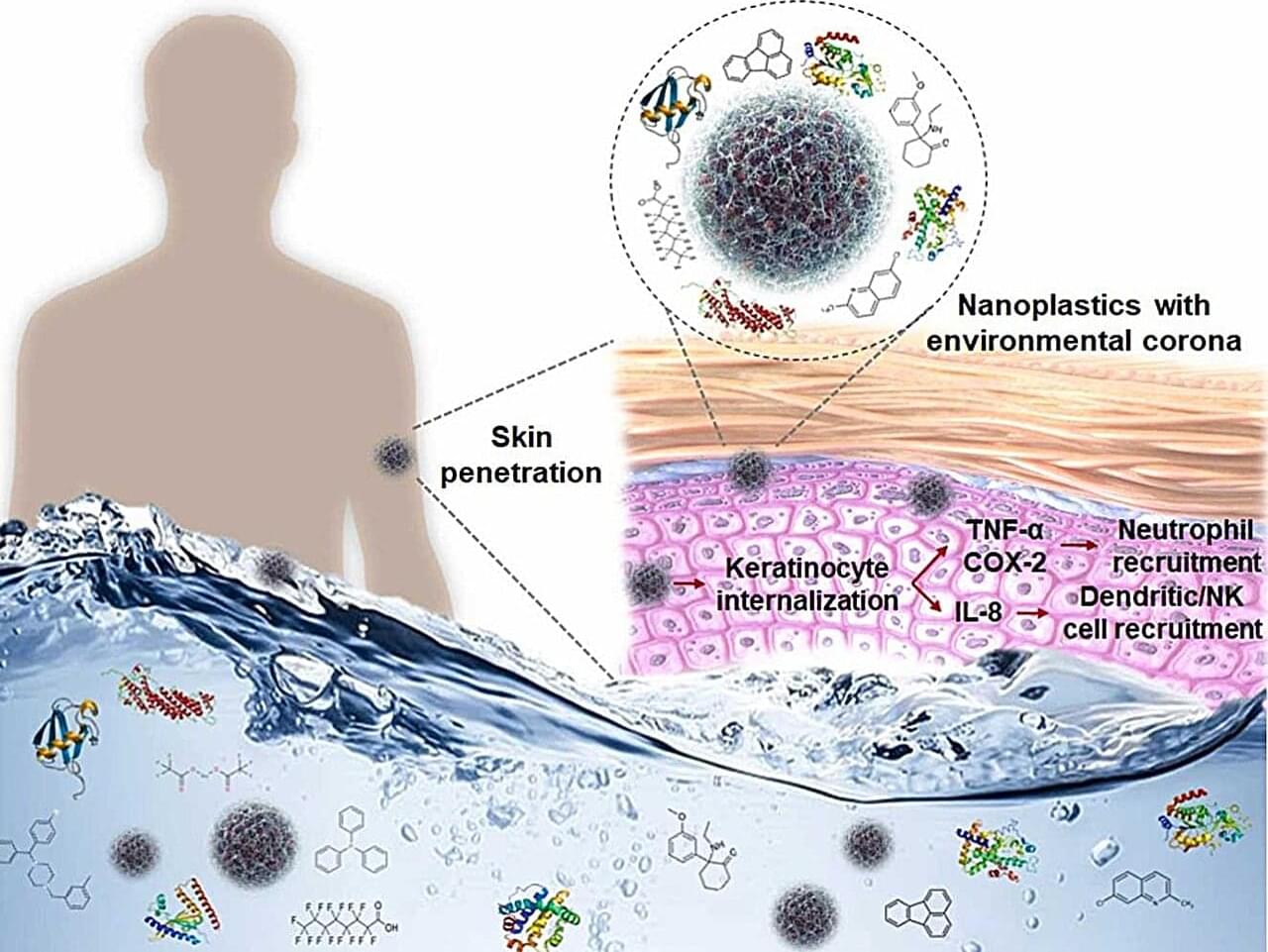Plastic is ubiquitous in the modern world, and it’s notorious for taking a long time to completely break down in the environment—if it ever does.
But even without breaking down completely, plastic can shed tiny particles —called nanoplastics because of their extremely small size—that scientists are just now starting to consider in long-term health studies.
One of those scientists is Dr. Wei Xu, an associate professor in the Texas A&M College of Veterinary Medicine and Biomedical Sciences’ Department of Veterinary Physiology & Pharmacology. Xu’s current work is focused on what happens when nanoplastics interact with seawater, where they can pick up some curious hitchhikers in the form of chemicals and organic components.

Thanks for sharing this eye-opening post about nanoplastics. I found it fascinating how they can carry chemicals into the skin, as Dr. Wei Xu’s research highlights. It really makes me think about plastic’s hidden dangers.